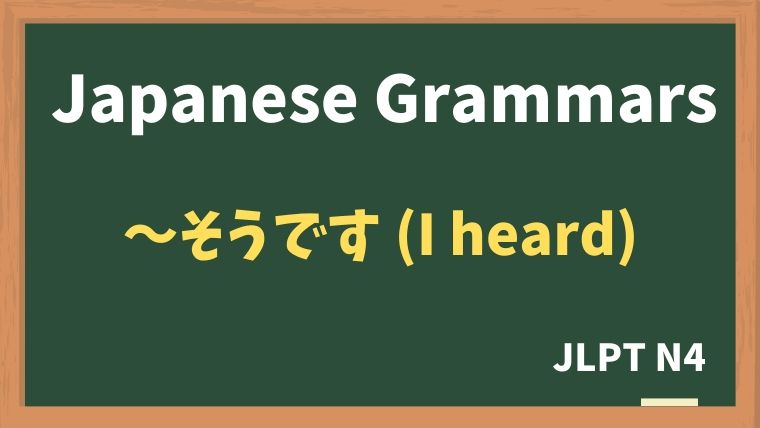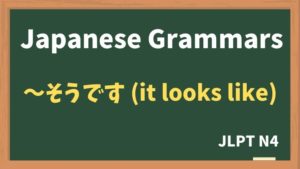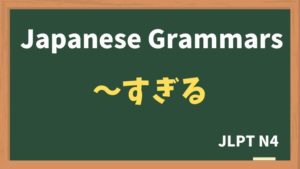
Contents
Explanation:〜そうです(I heard)
fa-check-circleMeaning
"I heard"
Used to report information you have heard from someone else, rather than experienced directly. It’s often translated as "I heard that…" or "They say that…". This grammar is helpful for conveying secondhand information, and it keeps the tone somewhat neutral since the speaker is simply passing on what they heard.
fa-check-circleForm
V(Plain form)+ そうです
イA(Plain form) + そうです
ナA(Plain form) + そうです
N(Plain form)+ そうです
fa-check-circlePoints
- Conveying Secondhand Information: Used to communicate something heard from others, similar to "apparently" or "I heard that…" in English.
- Neutral Tone: The speaker isn’t confirming the information; they are only relaying it.
fa-check-circleJLPT Level
N4
Sample sentenes
1. V(Plain form)+ そうです
マークさんは 学校を 卒業したら、国へ 帰るそうです。
I heard that Mark will go back to his country after he graduates from school.
天気予報によると、来週、 台風が 来るそうです。
According to the weather forecast, the typhoon will come next week.
ジョンさんの 国では、18歳になったら タバコが 吸えるそうです。
I heard that People can smoke when they become 18 years old in John’s country.
もうすぐ、私の 国にも 地下鉄が できるそうです。
I heard that a subway will be made in my country soon.
2. イA(Plain form) + そうです
今、 韓国は 暑いそうです。
I heard that Korea is hot now.
この 映画は おもしろいそうです。
I heard that this movie is interesting.
3. ナA(Plain form) + そうです
アンナさんは 土曜日、暇だそうだよ。映画に 誘ってみたらどう?
I heard that Anna is free on Saturday. Why don’t you invite her to watch a movie?
トムさんは 日本の 映画が 好きだそうです。
I heard that Tom likes Japanese movies.
4. N(Plain form)+ そうです
もうすぐ、リンさんの 誕生日だそうです。
I heard that Lin’s birthday is soon.
リンさんは 6人家族だそうです。
I heard that Lin belongs to a family of 6.
Vocabulary
| Japanese | English |
| そつぎょうする | to graduate |
| てんきよほう | weather forecast |
| たいふう | typhoon |
| ちかてつ | subway |
| さそう | to invite |
| たんじょうぶ | birthday |






